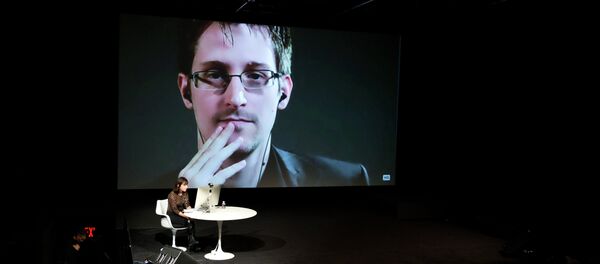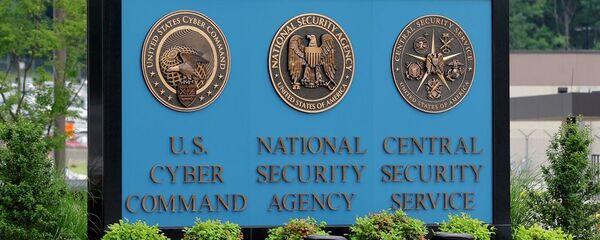Rep. Mike Pompeo (R-KS), Trump’s top choice for CIA Director, has advocated for reinstating the collection of domestic calling records in bulk and has criticized President Barack Obama’s 2009 decision to close CIA black sites. He also called the hunger strike amongst Guantanamo Bay prisoners a "publicity stunt" after visiting the site in 2013.
Alabama Senator Jeff Sessions, Trump’s choice for Attorney General, has supported legislation that would compel tech companies to supply law enforcement with private user information, criticized Apple for not turning over information requested by the FBI and has worked to block reforms limiting NSA powers. He also wants the FBI to be able to intercept more varieties of internet information without warrant.
During a South Carolina campaign event, Trump spontaneously called for Americans to boycott Apple’s products until they gave the FBI access to the encrypted phone of one of the San Bernardino shooters. The December 2015 incident left 14 people dead and 22 seriously injured.
Daniel Schuman, policy director for internet privacy organization Demand Progress told Bloomberg that an "already over-powerful surveillance state" will soon "be let loose on the American people."
Domestic surveillance reforms made after the 2013 revelations of US whistleblower Edward Snowden are in danger of being rolled back under the incoming administration. This could signal longer FBI preliminary investigations, an easing of hacking restrictions and the renewal of email and internet record collection powers.
Pro-privacy lawmakers and civil liberties activists are already battling expanded surveillance powers, as a Supreme Court rule change going into effect on December 1 will allow the FBI to petition a judge to hack into multiple computers whose whereabouts aren’t known.
Senator Ron Wyden (D-OR), who serves on the Intelligence Committee said in a statement, "Under the proposed rules, the government would now be able to obtain a single warrant to access and search thousands or millions of computers at once; and the vast majority of the affected computers would belong to the victims, not the perpetrators, of a cybercrime."
An unnamed Justice Department spokesman said the regulation was necessary because digital criminal are concealing their identities by using "anonymizing" technology.





